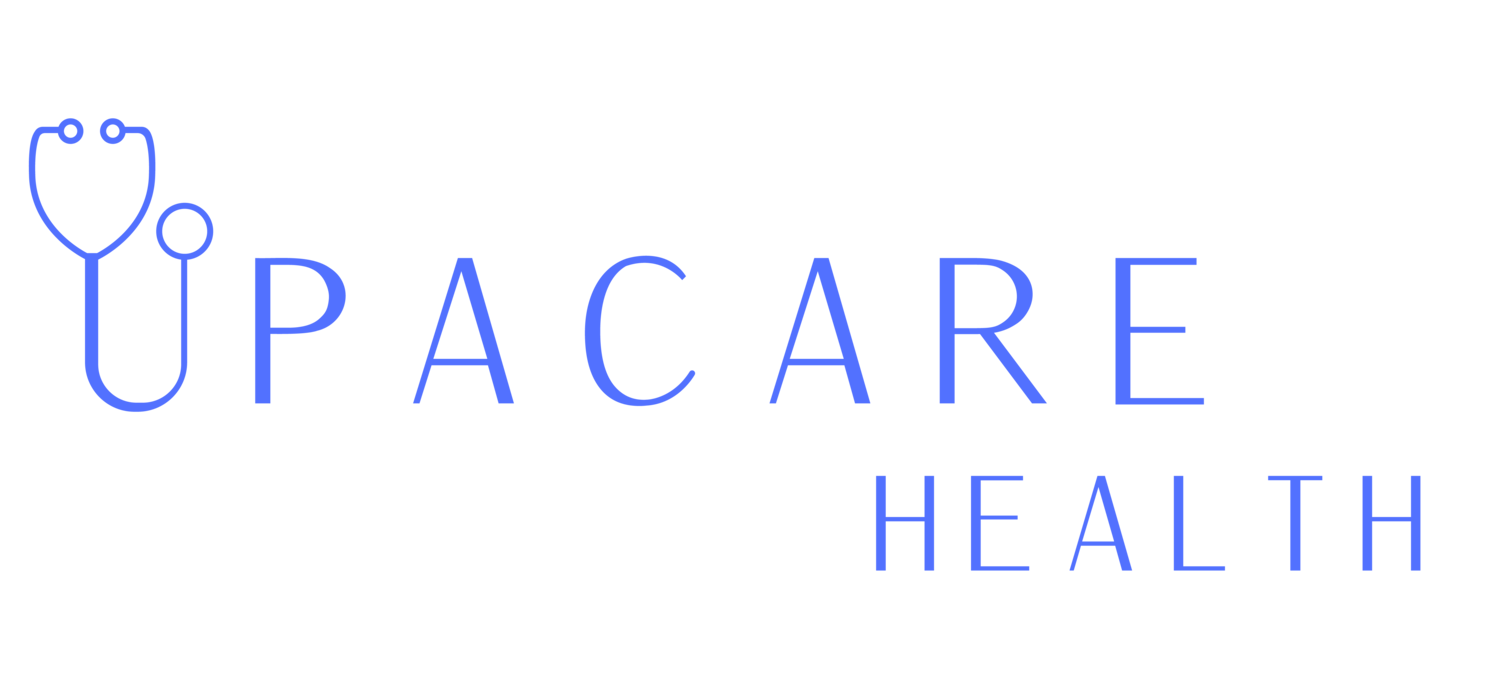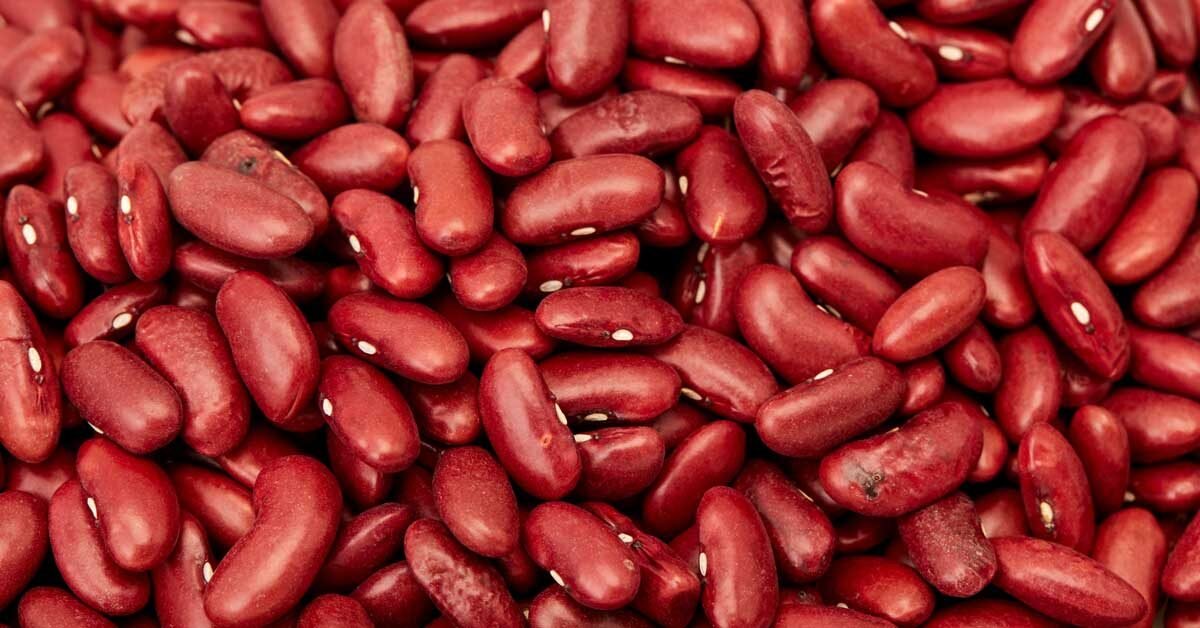Five Foods Beginning With K To Give Your Immune System A Kick!
Kale: one of the most nutrient-dense dark green leafy vegetables, originating from eastern Turkey. Such vegetables are naturally rich in fibre, vitamins, minerals and antioxidants. Kale is particularly rich in iron and calcium, offers two times more Vitamin C than oranges, and is a great source of folate (B vitamin), Vitamins K and A.
Over the decades, kale has become one of the most popular medicinal food sources worldwide. The most well-known therapeutic effects of kale are improving gut health, obesity and chronic conditions including cardiovascular diseases. Kale is also known for its anti-inflammatory effect as it contains a high level of antioxidants.
Nutrition tip!
Aim to incorporate dark green leafy vegetables into your main meals as much as you can. it doesn't matter if you buy them fresh or frozen as both forms don't have any added ingredients and are equally as healthy. If you don't consume leafy greens routinely in your diet then one way to increase your intake would be adding them to stews, casseroles, stir-fries, soups, salads and grain bowls. Alternatively, you can mix them into other meals such as rice, couscous or macaroni cheese.
One portion of any vegetable (fresh, frozen or tinned) is 80g. To be more specific, a portion of greens such as spinach, cabbage, kale, etc is 4 heaped tablespoons. If you are going to have mixed salad leaves, one portion is a cereal bowl
Kiwi: a nutrient-dense fruit well known for its high vitamin-C content. As we know, vitamin-C plays a significant role in maintaining a healthy immune system. Kiwifruit is also rich in vitamin-E, folate, potassium, dietary fibre and antioxidants.
The findings from several studies in Asian and European countries, as well as from New Zealand, revealed that the consumption of two kiwifruits a day helps with the regulation of bowel motions and improvement of the measures of digestive comfort. Further studies investigated the metabolic effects of kiwifruit: they found that regular consumption helps lower the total cholesterol and LDL 'bad' cholesterol, also improving blood pressure. Hence, it minimizes the overall risk of cardiovascular diseases.
Moreover, kiwifruit naturally contains a minimal amount of available carbohydrates, which does not significantly impact blood sugar levels when consumed in moderation. Additionally, the high fibre content of kiwifruit also slows down the digestion and absorption of carbohydrates.
Nutrition tip!
If you are suffering from digestive discomfort, hard stools, or constipation then you can aim to consume 2 fresh kiwifruits a day to help resolve these symptoms. 2 fresh kiwifruits count as 1 portion and contributes to one of your five-a-day.
Kefir: a fermented drink with a creamy texture and sour taste from Eastern Europe. It is traditionally made of goat's milk and 'kefir grains' which contain 'good' bacteria and yeast. Kefir has become one of the most popular probiotic drinks with significant health-promoting benefits, such as boosting the immune system and inhibiting the growth of harmful bacteria in our guts. Other health benefits of kefir are that it has anti-carcinogenic, anti-diabetic and anti-microbial properties. These, in turn, reduce blood cholesterol, improve blood pressure, optimise digestion and gut health and improve tolerance to lactose. Studies concluded that the active ingredient in kefir drinks plays a role in breaking down lactose and improving its digestion.
Nutrition tip!
If you have lactose intolerance and tried kefir yet you still experience symptoms then you may consider choosing water kefir instead. Alternatively, you can use soy, rice or coconut milk instead of animal milk.
Kidney beans: a great source of plant-based protein and fibre. Dry red kidney beans, in particular, are rich in micronutrients such as folate, phosphorus, manganese, potassium, zinc, iron and magnesium. Beans in general are an excellent source of complex carbohydrates, making them ideal for better management of blood sugar levels when consumed in moderation. Hence, the anti-diabetic effect is one of the primary health benefits of the beans, simply by improving insulin resistance and reducing blood sugar levels. The other health-promoting benefits of beans include: improving gut health, by regulating bowel motions; reducing inflammation; improving lipid profile, which is your total cholesterol and triglyceride levels; reducing blood pressure; and, hence, reducing the risk of cardiovascular disease. Ultimately, beans are excellent boosters of our immune systems.
Nutrition tip!
Aim to incorporate beans into your diet as much as possible. A portion of kidney beans – as well as other beans such as baked beans, haricot beans, cannellini beans, butter beans or chickpeas – is 3 heaped tablespoons. These can count as 1 of your 5-a-day. Simple ways to increase your intake: add extra beans into stews, curries, soups, homemade chillies, bolognaise sauce (replacing half of the meat) and snack on low-fat hummus as it is made of chickpeas.
Kipper: a type of oily fish which is a good source of protein, as well as vitamins and minerals such as B-vitamins, vitamin-A, vitamin-D, zinc, calcium, selenium and iodine. Kippers are also rich in Omega-3 fats which are particularly important for a healthy heart. Evidence shows that diets which are naturally rich in oily fish – such as traditional diets from the Mediterranean, Greenland and Japan – result in reduced incidence of cardiovascular diseases. Omega-3 in kipper or other oily fish such as salmon, mackerel, sardines, trout, pilchards, whitebait, anchovies and fresh tuna can help with: lowering blood lipids, improving blood circulation and flow around the body, lowering blood pressure and reducing inflammation. Moreover, the consumption of omega-3 fats has been shown to improve cognitive health and reduce the risk of depression.
Nutrition tip!
Aim to consume two portions of fish per week, at least one of which should be oily. One portion is 140g/5oz.
Nese Targen (MSc, BSc, RD)
Registered Dietitian
Chelsea and Westminster NHS Foundation Trust
References
Dimidi, E., Cox, S.R., Rossi, M. and Whelan, K. Fermented Foods: Definitions and Characteristics, Impact on the Gut Microbiota and Effects on Gastrointestinal Health and Disease. Nutrients. 2019 11, 1806, 1-26.
To link to this article doi: 10.3390/nu11081806
Mullins, A.P., Arjmandi, B.H. Health Benefits of Plant-Based Nutrition: Focus on Beans in Cardiometabolic Diseases. Nutrients (2021), 13(2), 519
To link to this article: https://doi.org/10.3390/nu13020519
Omega-3 fats, Heart UK. Available online URL:https://www.heartuk.org.uk/low-cholesterol-foods/omega-3-fats (Last accessed 22nd of October 2022)
Ortega-Hernandez, E., Antunes-Ricardo, M. Jacobo-Velazquez, D.A. Improving the Health-Benefits of Kales (Brassica oleracea L. var. acephala DC) through the Application of Controlled Abiotic Stresses: A Review. Plants (2021), 10(12), 2629
To link to this article: https://doi.org/10.3390/plants10122629
Richardson, D.P., Ansell, J., Lynley N. Drummond, L.N. The nutritional and health attributes of kiwifruit: a review. European Journal of Nutrition. (2018) 57:2659–2676
To link to this article: https://doi.org/10.1007/s00394-018-1627-z
Shahidi, F. and Ambigaipalan, P. Omega-3 Polyunsaturated Fatty Acids and Their Health Benefits. Annu. Rev. Food Sci. Technol. (2018). 9:345–81
To link to this article: https://doi.org/10.1146/annurev- food- 111317- 095850
Wallace, T.C., Bailey, R.L, Blumberg, J.B., Burton-Freeman, B., Chen, C.O., Crowe-White, K.M., Drewnowski, A., Hooshmand, S., Johnson, E., Lewis, R., Murray, R., Shapses, S.A & Wang, D.D. Fruits, vegetables, and health: A comprehensive narrative, umbrella review of the science and recommendations for enhanced public policy to improve intake. Critical Reviews in Food Science and Nutrition, (2019) 60:13, 2174-2211
To link to this article: https://doi.org/10.1080/10408398.2019.1632258








